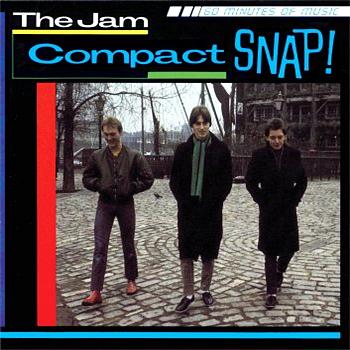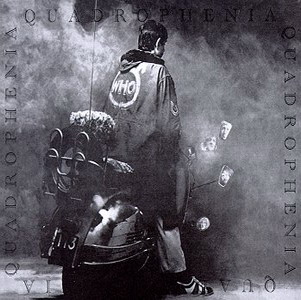
"Snap!" Was The First Jam Compilation Ever Released. The Year Was 1983. The CD Edition Was To Omit 8 Tracks.
Quite a gem, this is the CD reissue of a double LP that collected all the singles and the best album tracks that the epoch-making band led by Paul Weller produced during its time together. Eight tracks have been dropped to make it all fit into one CD – the eight album tracks. That makes the CD stand as a sort of singles collection.
Every A-side is featured, and that includes the compositions “’A’ Bomb In Wardour Street” and “Dreams Of Children”, songs that were released as part of double A-sided singles. Of course, all the non-album tracks that they were to release are featured – “Going Underground”, “Strange Town”, “When You Are Young”, and their final #1: “Beat Surrender” (a song that feels more Style Council than The Jam). Continue reading

